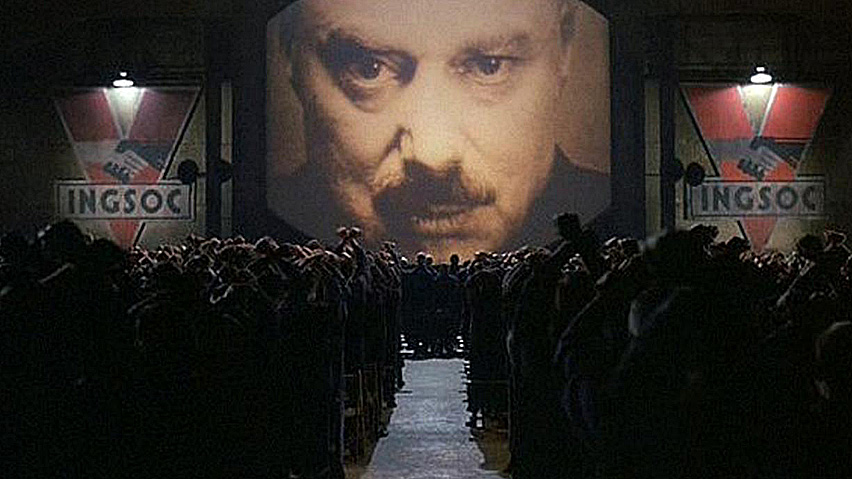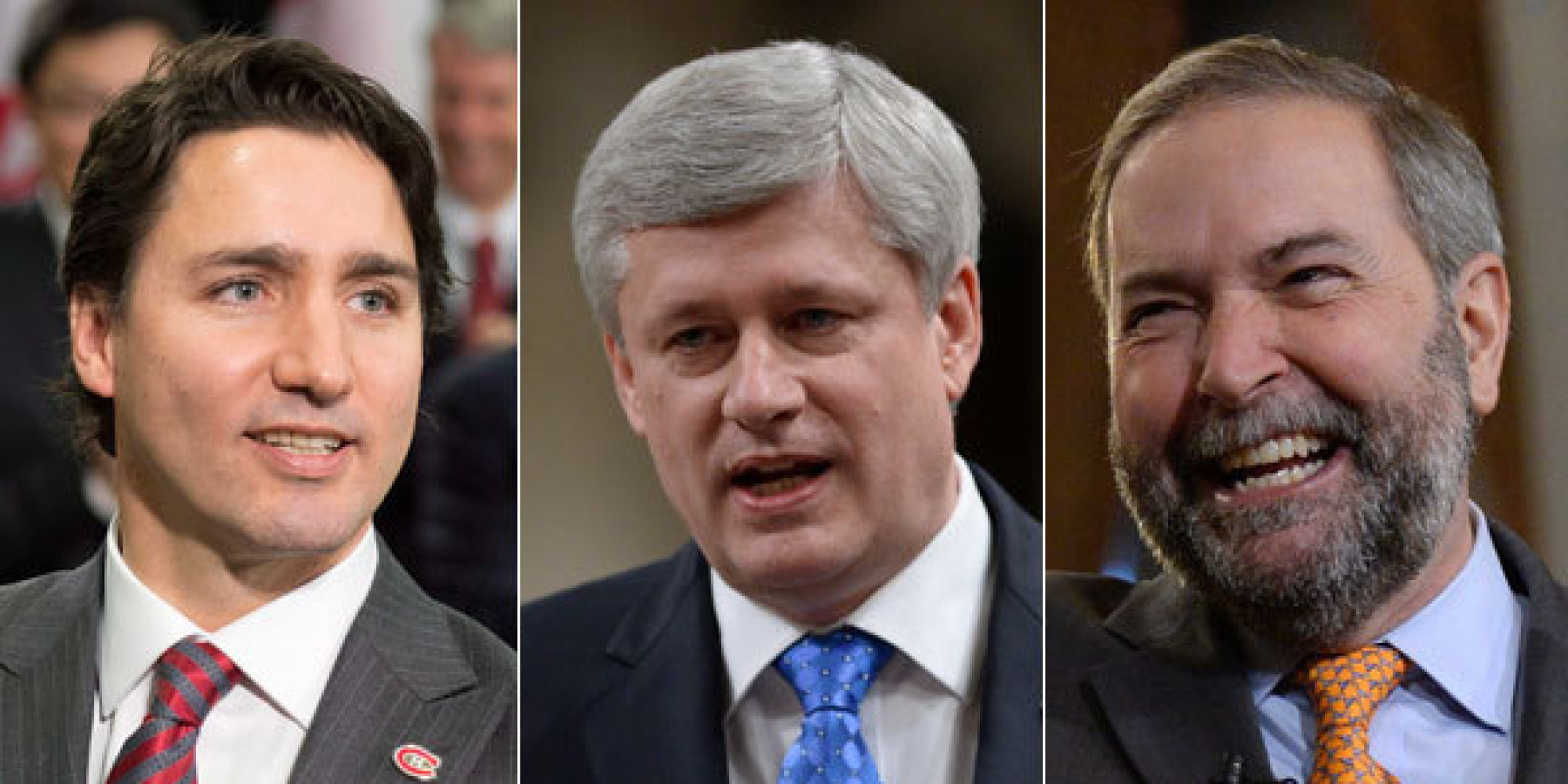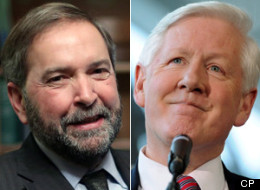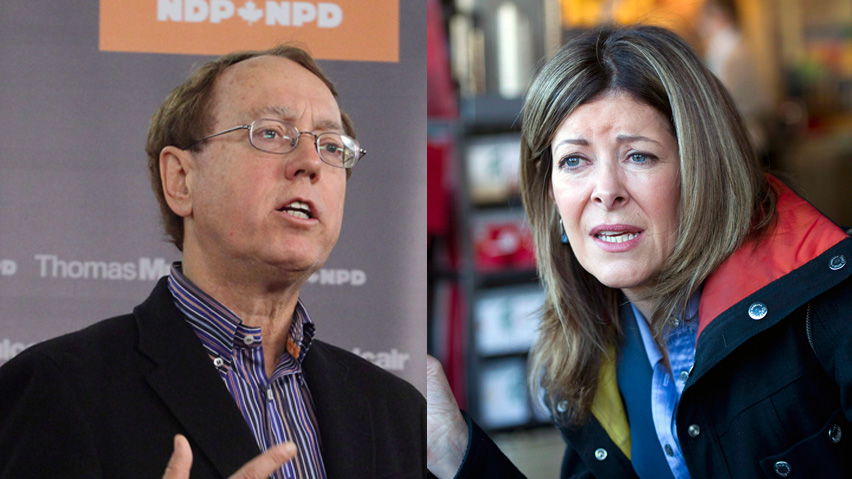Stephen Harper’s Conservatives recently passed Bill C-51. You’ve probably heard about it but if not, here’s the summary. It grants Canada’s spy agencies new enforcement powers to act upon data they’ve collected by monitoring your phone calls, text messages and your interactions on social media. The reason for this is they want to protect you from a terrorist attack – or arrest you if they suspect you are a terrorist. It would dismantle much of Canada’s Charter of Rights and Freedoms which was ratified by former Prime Minister Pierre-Elliot Trudeau and grants Canadians the privacy and freedom of speech they have today.
With an election just months away, Prime Minister Stephen Harper has decided to abandon the traditional all-broadcasters debate hosted by the nation’s major broadcasters and for the first time will be streamed on YouTube, Facebook and Twitter. The Liberals, NDP, Green Party and Bloc Quebecois have all agreed to participate but the Conservatives refuse to even negotiate.
Political parties are strategizing these days and Canadians are weighing in. Despite the party members and their views, the electorate will inevitably get the final say and recent polling numbers paint an interesting story about Liberal-NDP cooperation and prospective Liberal Leadership candidates.
After yesterday’s tight races in 2 federal by-elections, Calgary-Centre stayed Conservative and Victoria remained NDP. The third race, Durham, saw a strong Conservative victory. Overall, despite their losses, the Liberals and Greens can celebrate the results, which are bittersweet for the Tories and NDP. The winners may keep their turf, but it isn’t stable.





 Share articles about Green
Share articles about Green